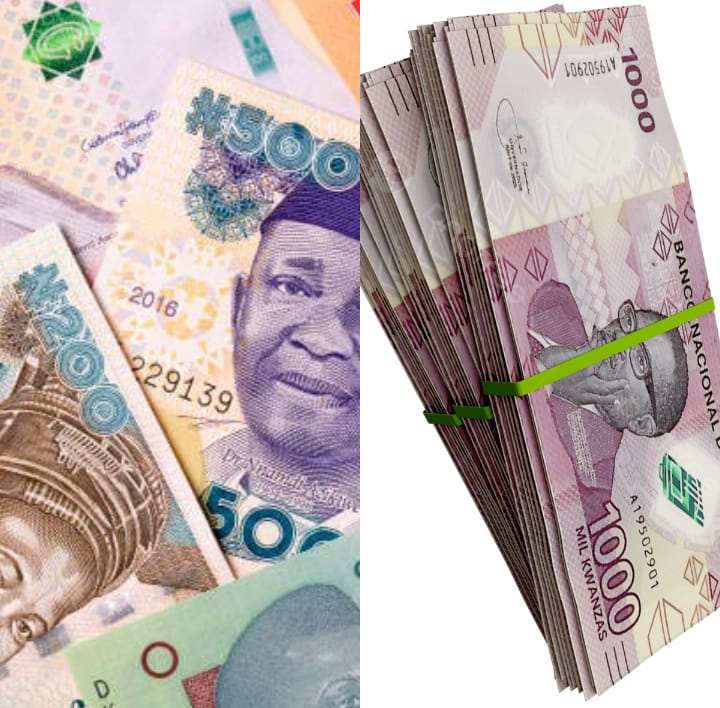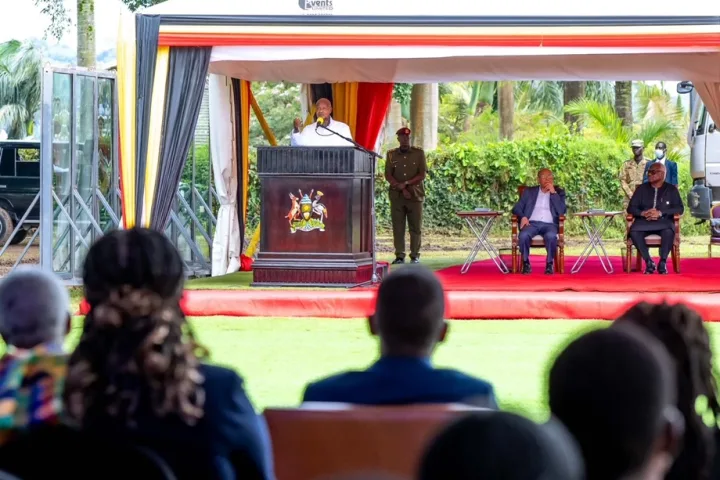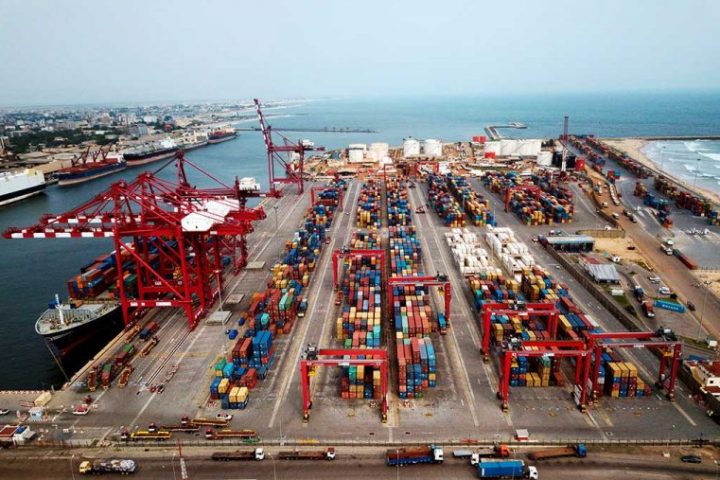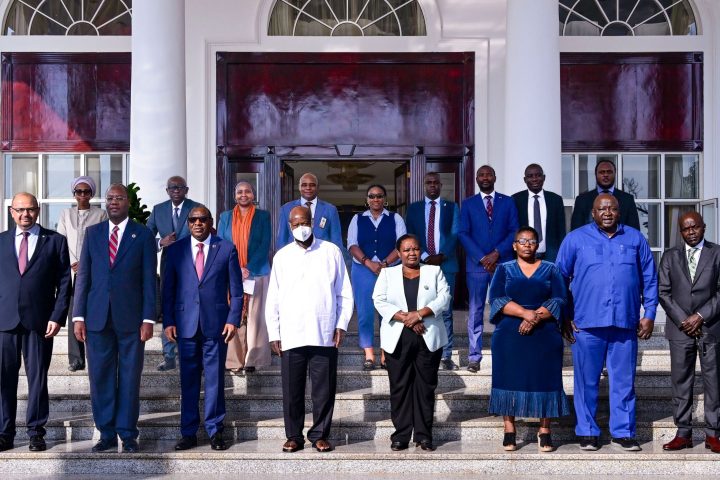The latest Africa Pulse report from the World Bank has declared the Nigerian Naira and the Angolan Kwanza as the worst-performing currencies in Sub-Saharan Africa this year. The report, released bi-annually by the office of the Chief Economist of the World Bank Africa Region, sheds light on the factors influencing the continent’s economy.
Directly quoting the report, “The Nigerian Naira has experienced a year-to-date depreciation of approximately 40%, positioning it as the weakest currency in Sub-Saharan Africa, alongside the Angolan Kwanza.” This distinction reflects the ongoing challenges faced by these two countries.
Join our WhatsApp ChannelThe report goes on to highlight other currencies grappling with losses, such as the South Sudanese pound (down about 33% YTD), the Burundian Franc (27% YTD), the Congolese Franc (18%), the Kenyan Shilling (16%), Zambian Kwacha (12%), Ghanaian Cedis (12%), and Rwandan Franc (11%). These statistics reveal a broader trend of currency devaluation across the region.
READ ALSO: 6 Currencies Stronger Than The US Dollar
What’s particularly concerning is the impact of the Naira’s depreciation on Nigeria’s inflationary pressures, aligning with attributing the spike in imported food inflation to the unification of the exchange rate at the official market.
The root causes of Naira’s decline, as outlined in the report, include the Central Bank’s decision to remove trading restrictions on the official market. This change, while aimed at market liberalization, has inadvertently contributed to the Naira’s devaluation.
For the Angolan Kwanza, its woes are linked to the central bank’s decision to cease defending the currency due to low oil prices and mounting debt payments.
A critical observation in the report is the widening gap between the parallel market exchange rate and the official exchange rate, which reached a peak of 80% in November 2022 and dropped to 60% by June 2023. Despite efforts to realign the official exchange rate with market conditions, Nigeria continued to experience a growing parallel rate premium.
The report attributes this phenomenon to the Central Bank’s interventions to restrict foreign exchange demand and maintain an artificially low exchange rate, which struggled against decreasing FX supply from oil revenues. Transactional activities, including remittances, tourism, and exports of non-oil products, increasingly migrated to the parallel market.
Following the unification and liberalization of exchange rates in June 2023, the NAFEX rate finally converged with the parallel rate, narrowing the gap. However, ongoing resistance and limited FX supply at the official window have led to the resurgence of the parallel market premium, further straining the Naira.
READ ALSO: Top 15 African Countries With Strongest Currency Exchange Rate
In the past weeks, the Naira has been on a rollercoaster ride, hitting new lows in the black market at over N1300/$ and trading at N848/$ in the official market. Encouragingly, the currency in the past two days has seen an upswing, appreciating to N789.84/$, and black market appreciating to N113/$1, offering a glimmer of hope for its stabilization.
Additionally, during the Nigerian Economic Summit, the Minister of Finance, Wale Edun, announced expectations of a $10 billion forex inflow to improve liquidity in the Nigerian market, further signaling the government’s commitment to address the currency challenges.
While the road ahead remains uncertain, these developments emphasize the need for prudent policies and strategies to stabilize these struggling currencies and foster economic growth in Sub-Saharan Africa.
Emmanuel Ochayi is a journalist. He is a graduate of the University of Lagos, School of first choice and the nations pride. Emmanuel is keen on exploring writing angles in different areas, including Business, climate change, politics, Education, and others.


















Follow Us